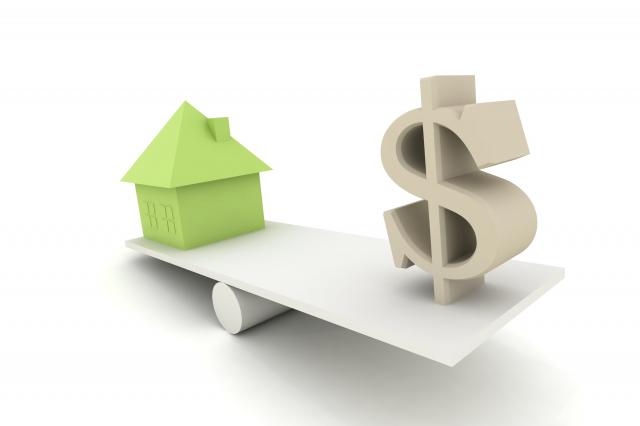Text by Betty Shore
 Building your new home is exciting yet can also be a bit daunting. There are so many decisions to make, choosing kitchen cabinets, flooring, light fixtures, bathroom fixtures and many more. You will need to dedicate yourself from the moment you decide to build to the moment you walk through your new front door.
Building your new home is exciting yet can also be a bit daunting. There are so many decisions to make, choosing kitchen cabinets, flooring, light fixtures, bathroom fixtures and many more. You will need to dedicate yourself from the moment you decide to build to the moment you walk through your new front door.
In most cases, financing is also a significant consideration when planning to build a new home. One of the first things you will want to do is meet with a mortgage specialist to discuss the financing details. It is imperative that you understand how the mortgage process works when undertaking a project such as building your own home.
The mortgage specialist will need to know whether you are planning to hire a contractor, and have all the details of the house worked out in the contract, or if you plan to act as the general contractor responsible for arranging delivery of materials and hiring/coordinating the trades people throughout the project. He or she will also want to know the following:
WHO: Contract or Self-Build
WHAT: Contract or Construction plans with quotes/cost estimates
WHEN: Start date and completion date
WHERE: Purchase a lot or already own the lot
Contract Build
If you have decided to go with a contractor, you will want to eliminate all possibilities of confusion or oversight by reading your contract thoroughly and making sure that you understand it.
There are typically two types of contracts, turn-key agreements and construction agreements.
“Turn-key agreement” This construction is financed by the builder and paid by the purchaser either at the time of completion or possession date. A mortgage for this type of construction is very basic, in that your mortgage will be advanced at possession date and your payments will start thereafter as agreed upon.
“Construction agreement” This construction is financed by the purchaser and paid in installments. Also known as progress payments, the agreement is based on inspections verifying the percentage of completed work. Once your home is 100% complete and ready to move in the final payment is made. Most contracts will request four installments, after you have paid your deposit and down payment. At the completion of every stage the builder will ask for an installment at which time your mortgage specialist will send an appraiser to verify that the work is complete.
Extras or cost over-runs: As you are building a home, there are almost always some changes that are made along the way. You might decide to make a change to your kitchen cabinets, flooring, bathroom or lighting fixtures. Generally speaking, any upgrades you make from the original contract/plan should be discussed with you mortgage specialist, unless you intend to pay for them with cash.
Features that are not usually included in a construction contract are landscaping, decks, driveways, sidewalks, water and sewer, sunroom, light fixtures, window treatments or appliances. If you are purchasing built-in appliances you will need to consider installation/hook-up fees.
Mortgages for a “construction agreement” are a little more complex than a “turn-key agreement” in that your mortgage will be advanced in stages according to the percentage of construction completed. You will be required to pay interest on these advances up and until your possession date. Upon the final payment you will start with your full payments of principle and interest as agreed upon in your mortgage terms. Remember that when a builder commits to a 6-month possession date, there might be delays due to weather, late delivery of materials or difficulties in scheduling of trades.
Self-Build or acting as General Contractor
You need to gather all the information, house plans, written quotes for all material and labor for the construction of the house as well as for the lot requirements such as driveway, landscaping, well and sewer, hydro and gas services to the house. It is usually recommended to obtain at least two quotes and then decide which is best for you based on reputation, experience, price and/or availability. The mortgage advances are administered in the same way as the “construction agreement” discussed above.
As with most projects, good planning leads to the best success.
Latest posts by Canadian Home Trends (see all)
- Expert Bathroom Design Secrets from Canada’s Best - March 4, 2026
- Treasure Hunting: Discovering Unique, Locally Made & Vintage Home Décor - March 4, 2026
- Waterproofing That Actually Works - March 4, 2026






